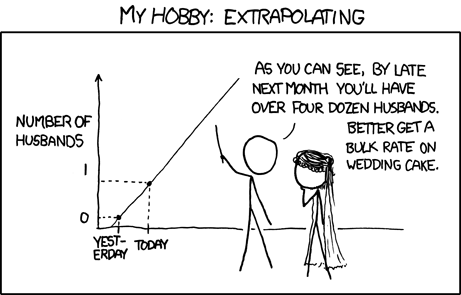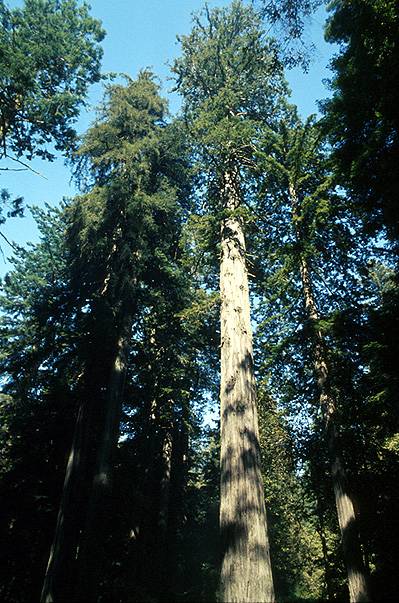I volunteer for Search & Rescue.
ERSARA to be exact.

And currently ERSARA is in discussion with SARA (Search and Rescue Alberta) and the Government of Alberta over insurance issues which has been brought to light because of a horrific event this past winter where two skiers went out of bounds and one died.
The Golden, BC Search and Rescue group has officially suspended their operations because they were unable to handle the claim of the remaining skier who is suing them for not rescuing him or his wife. I want to make clear that the reporting has been inaccurate. According to
this CBC story back in February, Golden Search and Rescue refused to research the area after the first time they just “unreturned rental skis and missing persons reports at the resort”. Actually, that would be a first, search-wise. I think that would be the resorts job (esp. the unreturned rental ski bit. Mmmm…… I’ve never been trained to look through paper records before.) And then, according to the reporter, the SAR team told the RCMP the case had been looked into before, so they didn’t look again.
First of all, all Search and Rescue operation must be initiated by the police, and are usually coordinated by the police as to where to look, since they receive all information related to the missing persons, etc. They received all information regarding where the SOS’s were located and therefore were the only ones to task the Golden SAR to where to look. An assigned officer is usually always at the search base, and is always updated on where the teams have looked, which quadrant the teams are currently searching in and discussing with the search managers where the teams will look next.
This is a horrific event, I agree. However, the skiers went out of bounds (and they had to know they were going out of bounds, because there were multiple signs warning them) and not only that, they left SOS signs & then walked away!!!
Helicopters repeatedly found the SOS signs but couldn’t find any people. After 10 days they were found, and sadly the wife had passed away by then.
I know the husband is angry and probably is feeling some survivor guilt (why did she die and not me, etc.) but he needs counseling, NOT a lawsuit. Golden SAR just does not have that kind of power to search wherever and whenever they want. We are told (before being accepted into the SAR team) that we CANNOT search without prior go-ahead from the required authority. If we do, we are just any other civilian. No WCB (workers compensation board), no insurance (if our group is lucky enough to have this), no backup. Also there is no affiliation with any SAR, no equipment usage (if that equipment belongs to SAR, of course you can use your own) and no other help.
This is symptomatic of a deeper problem. Why are people that had no responsibility in the accident being punished & why are the very people who were solely responsible allowed to blame (and punish) everyone else?! What happens when a hikers or a child goes missing in the Golden area this summer? They cannot call SAR because of their inability to work because of this lawsuit.
I don’t believe fingers should be pointed at any one agency. Yes, there were communication problems, and yes, mistakes were made, but no one is perfect. Mistakes were made by the skiing couple, mistakes were made by the RCMP, and mistakes were made by SAR. But really, will a lawsuit help anything? No, it will punish volunteers who will no longer feel like volunteering and all of the good that they have accomplished in the past will be forgotten.
Now, I know mistakes will occur in the future (human nature & murphy’s law, ya know), so if you can, please contact your local MLA and MP and tell them that you want SAR Volunteers to be insured. Tell them that you want them in your community for when something goes wrong. We help when someone goes missing and when disasters happen (some ERSARA members helped with Hurricane Katrina, and lots helped with the Pine Lake Tornado). We are a valuable asset to any district and we need support.
Search and Rescue is a unique volunteering community. We are on call 24 hours a day, EVERY day of the year and sometimes we may risk our lives to save yours (we’re not supposed to though). We cannot choose who we help, and we cannot help at all unless we are called in by the police. So please, support your regional Search and Rescue teams, follow signs and use your freakin’ common sense!!!!
http://www.ersara.com/http://www.saralberta.org/http://www.sarvac.ca/www.nss.gc.ca/site/index_e.asphttp://www.aema.gov.ab.ca/
My little Seedling on the ERSARA Quad

 Currently, there is (a minor) debate as to whether algae is a plant or not. Most do not include them as plants because they lack complexity in the cell, and do not share a few (but key) characteristics with plants. (However, that does not stop my old Bot Prof from asking what the oldest plant is and the “correct” answer is a type of green algae…grrrr)
Currently, there is (a minor) debate as to whether algae is a plant or not. Most do not include them as plants because they lack complexity in the cell, and do not share a few (but key) characteristics with plants. (However, that does not stop my old Bot Prof from asking what the oldest plant is and the “correct” answer is a type of green algae…grrrr) And currently ERSARA is in discussion with SARA (Search and Rescue Alberta) and the Government of Alberta over insurance issues which has been brought to light because of a horrific event this past winter where two skiers went out of bounds and one died.
And currently ERSARA is in discussion with SARA (Search and Rescue Alberta) and the Government of Alberta over insurance issues which has been brought to light because of a horrific event this past winter where two skiers went out of bounds and one died.
 I am starting my own boycott ASAP. After watching the 100 mile diet on TFN (The Food Network), I started feeling like I should do that as well. But.... frankly, there are things I just couldn't give up. (Coffee, chocolate... get my drift).
I am starting my own boycott ASAP. After watching the 100 mile diet on TFN (The Food Network), I started feeling like I should do that as well. But.... frankly, there are things I just couldn't give up. (Coffee, chocolate... get my drift).
